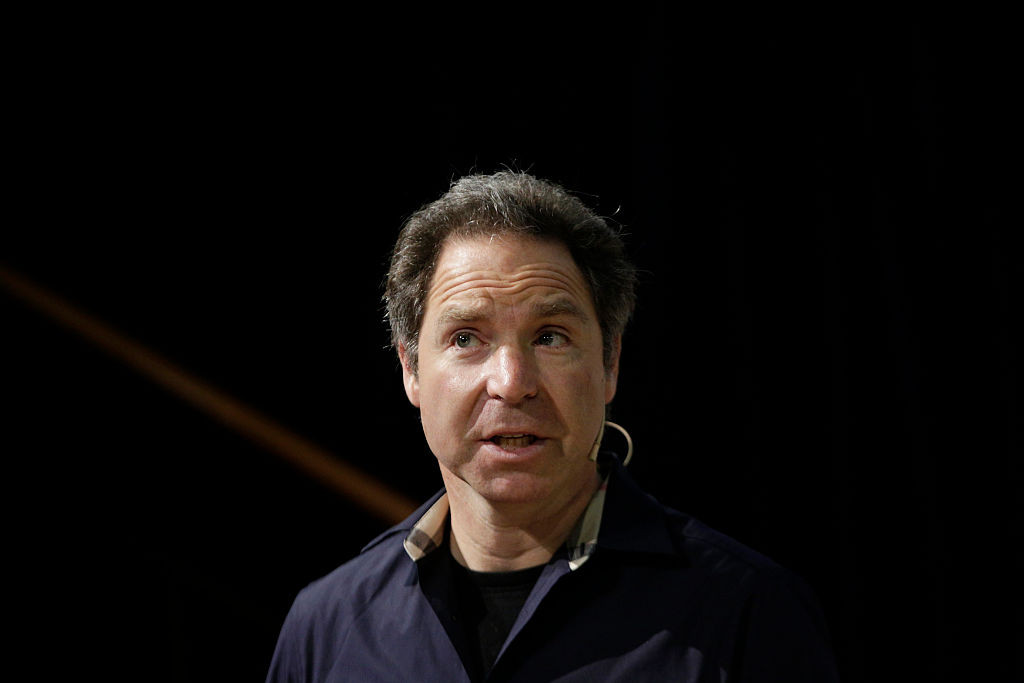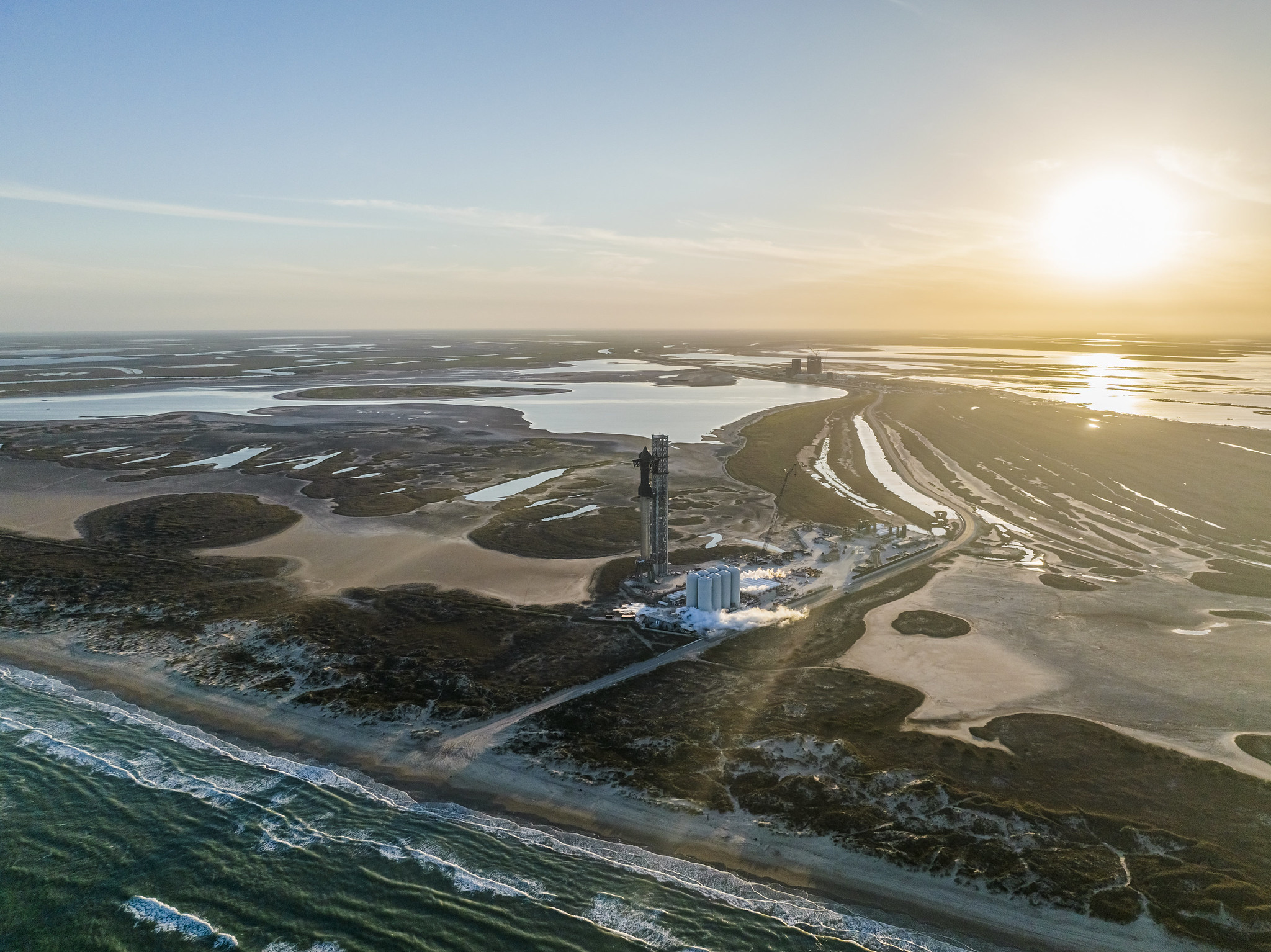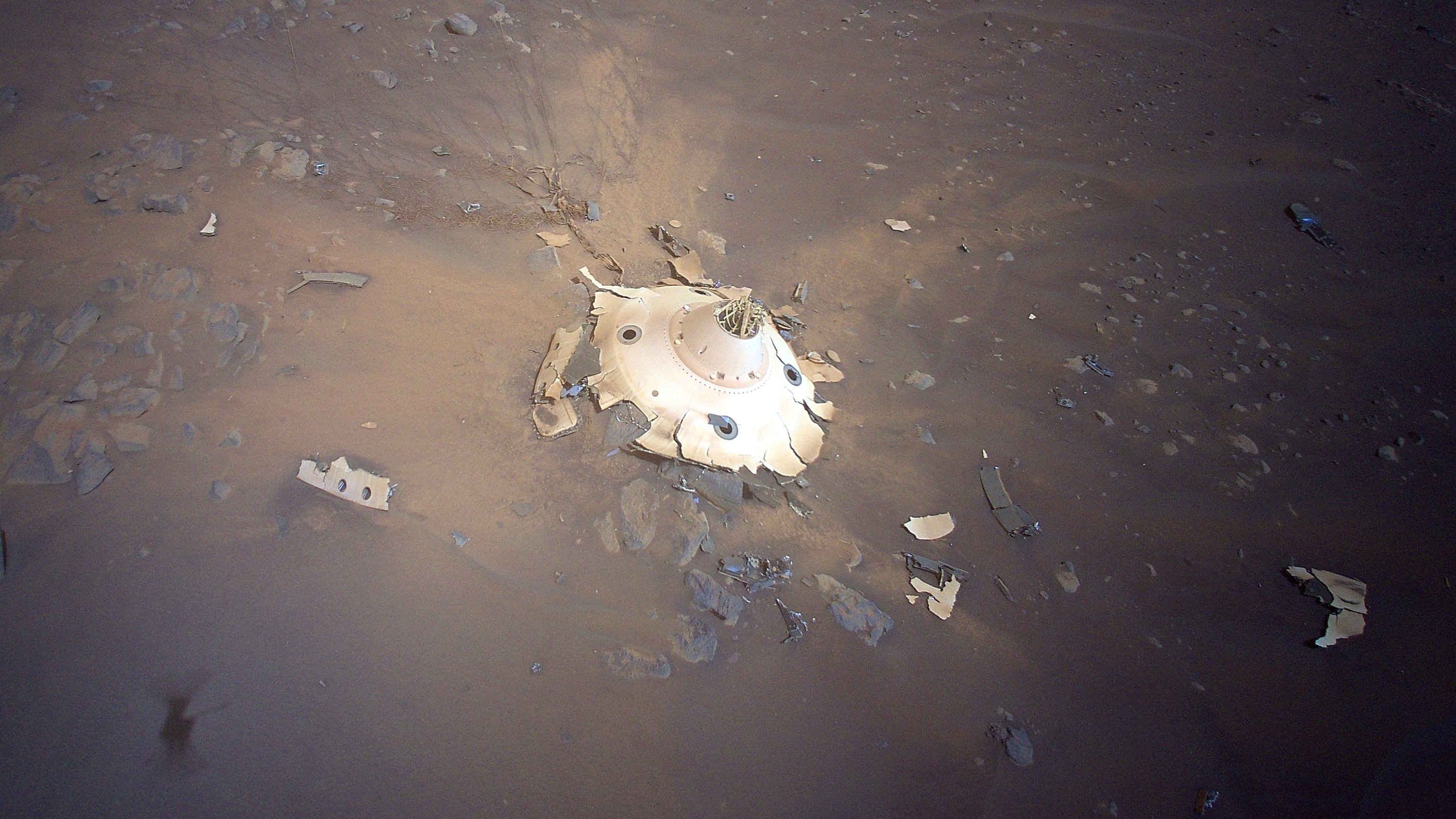Hello and welcome back to Max Q.
In this issue:
- Launcher debuts full thrust of 3D-printed rocket engine
- A “sustainable” satellite mega-constellation?
- FAA’s decision on Starbase delayed yet again
Don’t forget to sign up to get the free newsletter version of Max Q delivered to your inbox.
Launcher shows off its 3D-printed rocket doing a full-scale burn
Launcher demonstrated full thrust on its 3D-printed E-2 engine from NASA’s Stennis Space Center in Mississippi. The test demonstrated about 22,046 pound-feet of thrust (about 10 metric tons) using LOX/Kerosene at 100 bars of combustion pressure.
Though they’re still a ways off from getting to orbit, a successful test like this is a huge step toward a working launch vehicle. The Launcher Light will be small and very efficient, aiming for a low cost to orbit and quick turnaround. But of course first it needs working engines.
This is only one milestone among many to come for the engine; a turbopump with the necessary 3x pressure of the nominal combustion pressure is being tested in parallel. They’ll be integrated after being individually tested, and the resulting integrated engine will then begin its own proving phase.
Watch the test below:
Greg Wyler’s new startup wants to launch a ‘sustainable’ satellite mega-constellation
Are satellite mega-constellations incompatible with cleaning up space junk in low Earth orbit? OneWeb founder Greg Wyler doesn’t think so. His new venture, E-Space, is aiming to reconcile the two by sending up a mesh communications satellite network composed of spacecraft that will also capture small debris before deorbiting at the end of their useful life.
“When we talk about building 100,000 satellites or more [ … ] we are carefully monitoring to make sure that we are significantly, hundreds of times, less impactful and basically in the noise from a probability of collision perspective,” Wyler said. “So while we have more satellites than anyone else we have a negligible increase in the probability of collision.”

Image Credits: Matthew Lloyd/Bloomberg via Getty Images
FAA delays decision on SpaceX’s Starbase yet again
In news that surprises no one, the FAA has delayed its environmental review of SpaceX’s sprawling launch facility in Texas and its Starship program until at least May 31, the fourth such time that the agency has pushed back its own deadline.
SpaceX cannot conduct an orbital test of Starship, the ultra-super-heavy reusable launch vehicle, until it is given the regulatory green light. The FAA has been working on the programmatic environmental assessment since November 2020, and has received more than 18,000 public comments on the project.
“The FAA is working toward issuing the final Programmatic Environmental Assessment (PEA) for the SpaceX Starship / Super Heavy on May 31, 2022,” the agency said in a statement. “SpaceX made multiple changes to its application that require additional FAA analysis.”

Image Credits: SpaceX
More news from TC and beyond
- Adranos, a startup developing next-gen solid rocket motors, closed a $20 million Series A round. The company “manufactures solid rocket motor propulsion systems for hypersonic boosters, tactical missiles, space launch vehicles, and other platforms.”
- Axiom Space’s Ax-1 crew safely returned to Earth on Monday after a 15-day stint on the International Space Station, bringing to a close the world’s first fully private mission to the station.
- Capella Space, which operates a small constellation of satellites equipped with synthetic aperture radar, raised $97 million in Series C funding, with NightDragon leading the round and existing investors DCVC and Cota Capital also contributing.
- China will set up a communications and navigation system for the moon, with the first launch for the constellation taking place in 2023 or 2024, Chinese officials said.
- Eta Space has contracted Sollensys to implement space-based cybersecurity built on the blockchain. Eta is developing in-space cryogenic propellant depots that could be used to refuel spacecraft.
- HawkEye 360 and the National Security Space Association launched an initiative to solicit funding for humanitarian aid support for Ukraine from the space industry, with 16 companies, including Relativity and Rocket Lab, agreeing to make a one-time pledge of $50,000.
- NASA completed alignment checks on the James Webb Space Telescope. The telescope will now move into a final preparation stage called science instrument commissioning, which will take around two months, before operations commence in the summer.
- Northrop Grumman is expecting an order for solid rocket boosters upwards of $2 billion from United Launch Alliance, Northrop CEO Kathy Warden said during a first-quarter earnings call.
- Rocket Factory Augsburg won €11 million ($11.7 million) from the German Aerospace Center, as part of the Center’s microlauncher competition. It was the second and final round of the competition. (Isar Aerospace won the first round.)
- SpaceX launched Crew-4 on Wednesday, successfully ferrying a new batch of astronauts to the ISS. This is the fourth crewed mission SpaceX has conducted on behalf of NASA.
- Starlink is coming to its first major airline. Hawaiian Airlines said it will offer Starlink-powered Wi-Fi aboard its planes, though further details are not yet known.
- X-Bow Systems closed a $27 million Series A in advance of the company’s static fire test of its solid rocket motor, dubbed “Ballesta.” The round was co-led by Crosslink Capital and Razor’s Edge Ventures, with participation from Lockheed Martin Ventures and Broom Ventures.
Photo of the week

Image Credits: NASA
Ingenuity, the NASA helicopter that’s currently flying around Mars, captured this amazing photo of the landing gear the Perseverance rover used to land on the red planet last February. As Erin Gibbons put it on Twitter: “Space debris crash-landed on another world snapped by an aerial drone. What a timeline we live in.”
Max Q is brought to you by me, Aria Alamalhodaei. If you enjoy reading Max Q, consider forwarding it to a friend.















 English (US) ·
English (US) ·